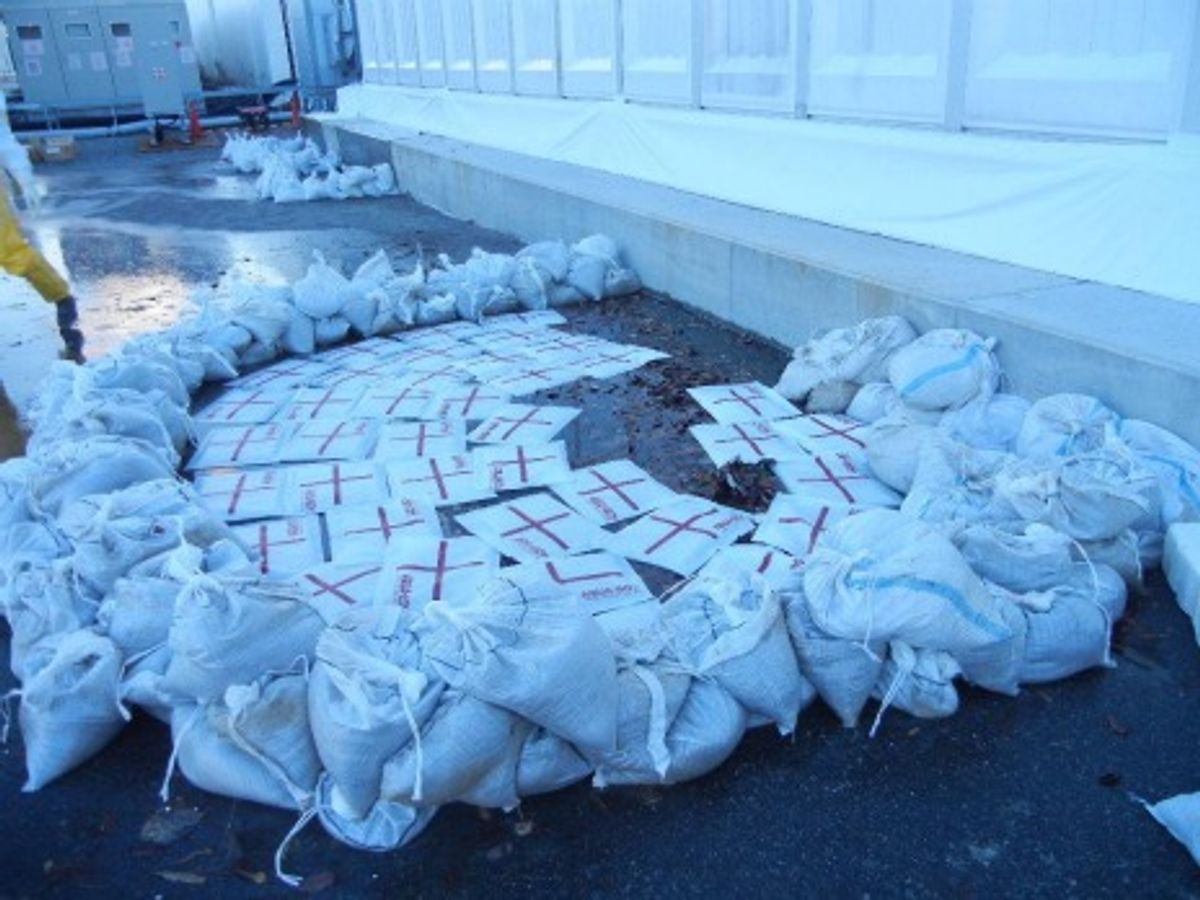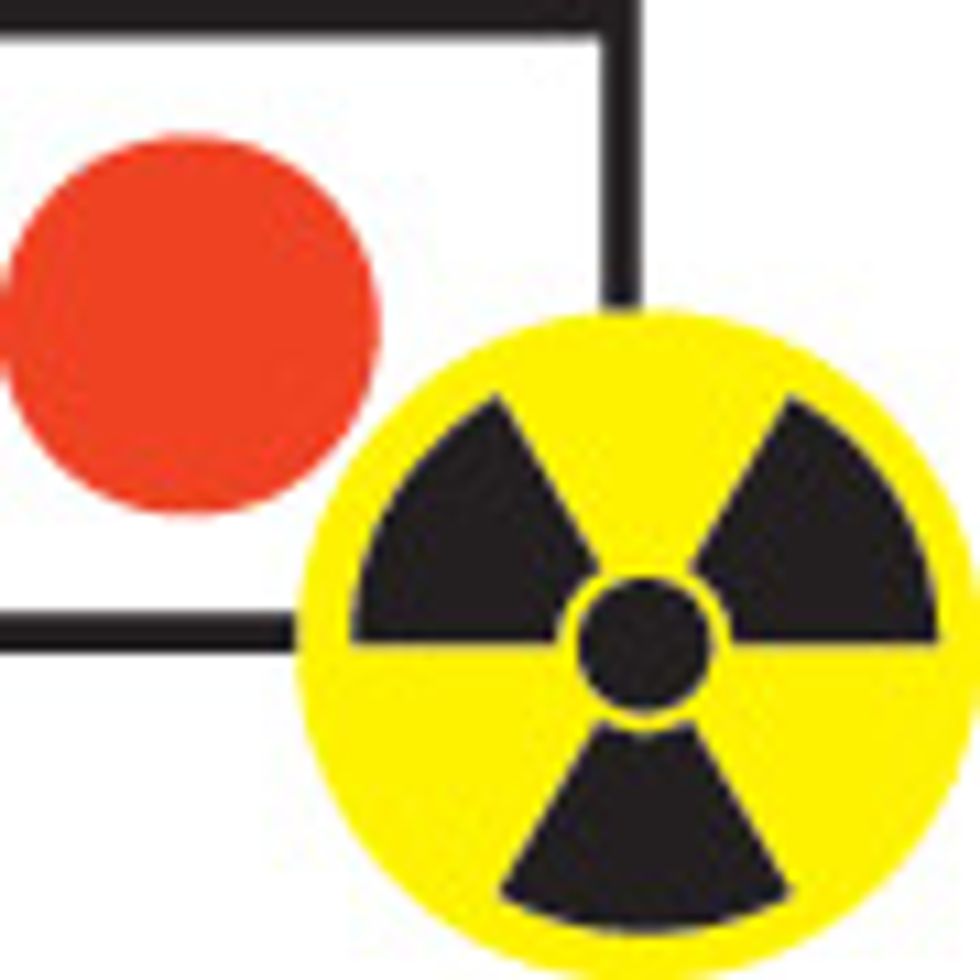Editor's Note: This is part of the IEEE Spectrum special report: Fukushima and the Future of Nuclear Power.
The damaged Fukushima Dai-ichi nuclear power station sprung a new leak this weekend. Plant owner TEPCO said on Sunday that at least 45 000 liters of radioactive water seeped out of a water treatment building, and some of it may have rolled down a gutter to reach the sea.
Ever since the 11 March earthquake and tsunami wrecked the plant's power systems and caused three reactors to melt down TEPCO has been cooling the still-dangerous nuclear fuel with a variety of stop-gap water systems. But because the melted nuclear fuel damaged the reactors' protective barriers, that cooling water constantly becomes contaminated with radioactive elements and must be purified. This weekend's problem arose in one of the water purification buildings.
A worker found the radioactive water pooled on the floor of the building on Sunday morning, and that purification machine was quickly turned off (TEPCO says that turning off this machine won't interfere with the ongoing cooling of the reactors).
But TEPCO workers then found leaks on the outside of the building, and the company estimates that about 300 liters seeped through cracks in the concrete into a gutter that leads to the sea, about 600 meters away. Workers placed sandbags around the leaks in an attempt to prevent further contamination of the ocean.
The water was highly contaminated with the radioactive element strontium. The Mainichi Daily News reports the level of radioactive elements in the water at "between 100,000 and 1 million becquerels per cubic centimeter.... The strontium content of the water is some 1 million times higher than the law allows for discharge into the ocean."
Previous leaks from the plant in the spring released a great deal of radioactive water into the ocean, but the extent of the contamination and the affect on marine life is not yet known. This weekend's leak isn't expected to make the situation substantially worse, according to an expert who spoke to the Japan Times:
"Even if all 300 liters reached the sea, the radiation would be diluted, and the amount that escaped is tiny compared with what has already leaked into the sea (on earlier occasions)," said Genichiro Wakabayashi, a radiology professor at Kinki University, playing down the potential danger of the leak. "The leak (even if to the sea or to the groundwater) would not be enough to increase radiation levels in marine or agricultural products in the Tohoku region," he said.
Images: TEPCO
Eliza Strickland is a senior editor at IEEE Spectrum, where she covers AI, biomedical engineering, and other topics. She holds a master’s degree in journalism from Columbia University.






